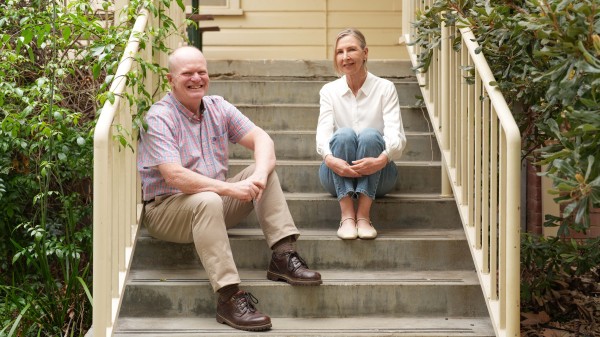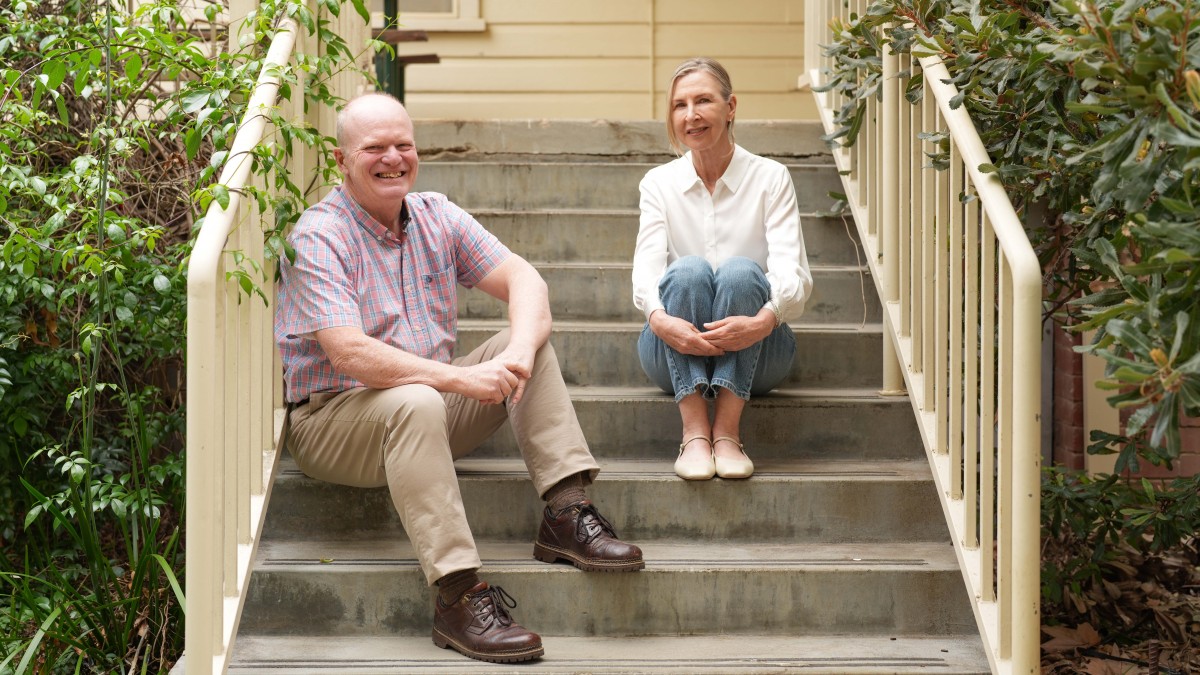By Dr James Gordon
The Budget is light on detailing its effect on community wellbeing and social cohesion, but some good policies are hiding in the details.
Unsurprisingly for a budget, the terms economic or economy appear 80 times over 63 pages in the Australian federal budget 2023-24. The word wellbeing on the other hand is only mentioned once. That’s an economy to wellbeing ratio of 80:1.
That one time wellbeing is mentioned? When talking about an initiative to help wealthy Australians engage in philanthropic (and likely tax deductible) investments to improve early childhood outcomes.
Let’s compare this to New Zealand’s 2022 ‘Wellbeing Budget’ which mentions economic or economy 370 times and wellbeing 266 times over 176 pages. A much more balanced ratio of about 1.4:1.
Yet, surely our government cares about our wellbeing and happiness and wants to see us do well as a society. From the budget, I can safely infer they intend to do that by making us wealthier. This means more payments for vulnerable Australians, lower taxes for wealthier ones, and policies to drive economic growth into the future.
But despite Australia’s economy being the largest and us the wealthiest we have ever been, recent research by Australian National University (ANU) researcher Dr James O’Donnell and Australian Unity show Australians face low life satisfaction, and declining wellbeing and social cohesion.
In fact, despite a healthy bump from the community coming together during the COVID-19 pandemic, measures of what we might think of as individual and community wellbeing and (non-economic) prosperity are about as low as they have ever been.
In this sense the budget represents yet another opportunity lost to think about how we, as a community, should be using our wealth (and a budget surplus) to improve things we actually care about.
”Wellbeing is not just about having more money in our pockets”
For New Zealand, wellbeing has been a central part of the budget for five years. Despite that, improvements in indicators of wellbeing in New Zealand remain elusive.
Part of the problem might be that it takes a long time to move the needle on wellbeing. Another problem might be that measuring wellbeing is difficult. Treating wellbeing and welfare as synonyms also devolves wellbeing to just another measure of economic welfare.
But, wellbeing is not just about having more money in our pockets, although most would agree this matters, and nor is it about ‘hugs for all.’ Instead, one way to think about it is through the lens of life satisfaction, happiness, connectedness, and social cohesion.
Reducing the long term decline of those measures in Australia requires us to think about how the budget directly affects these outcomes. This is not just about assuming money makes us happy, but understanding how public policy affects society in an overall sense.
Budgeting for happiness, greater community resilience and social cohesion
Fortunately, outside of the obvious ‘spending brings happiness’ measures in the budget, there are some interesting budget items which we can infer, if they are implemented correctly, have the potential to improve our non-financial lives.
For example, the government has set aside $100 million to establish what it calls an Outcomes Fund which will support states, territories, and social enterprises in supporting disadvantaged communities.
It has also committed $11.6 million through the Social Enterprise Development Initiative to help develop the skills to successfully access outside capital to deliver their social missions. Social Enterprises are key drivers of improving community wellbeing and helping vulnerable or underserved Australians. Most lack sustainable business plans, so investments to build capacity are most welcome.
For our research at Australian Social Cohesion: Exploring New Directions (ASCEND), a strategic initiative of The Australian National University (ANU), we work with various social enterprises to explore the crucial role they play in strengthening communities.
One example is our research with the Australian Centre for Rural Entrepreneurship (ACRE), based in Beechworth in rural Victoria. ACRE is supporting rural people in developing initiatives for the benefit of their communities. Together with ACRE, our research team is exploring how we can improve prosperity and resilience in regional communities.
A joint project ACRE and ASCEND are undertaking is part of a recently awarded grant from the Bushfire Recovery Victoria initiative. This project, dubbed Rejuvenate, is looking at new ways to connect, support, and guide rural people who want to build and sustain community-led initiatives that address a local problem or create an opportunity.
The government also plans to roll out a foundation skills program, which will offer community-based and culturally safe pathways to training. Connecting people to their communities through work is a key way of building community connectedness and social cohesion.
Our research work with Enable Social Enterprises, a Melbourne-based social enterprise operating in the workplace training sector, shows the importance of these programs in helping people who have fallen through the cracks to build basic skills, to find meaningful work, and to succeed as a member of their community.
Towards a more cohesive, resilient and happy society
Although we can identify examples of how the Australian government wants to improve wellbeing, how will we know they are improving social cohesion and community wellbeing? This requires better metrics connecting the budget to societal outcomes, and a willingness to accept that making tangible improvement to reverse declines in happiness and social cohesion is not as easy as putting a few more dollars in peoples’ wallets.
Ultimately, budgets will always be economic in nature. They define who gets what and how the fiscal pie is to be divided up. But, it does not have to be just about economic winners and losers. New Zealand has shown that focussing on the wellbeing of the nation can change the conversation towards thinking about what is ailing society and what policy makers can do about it. Perhaps it is time for us to learn from our neighbours and to launch our own wellbeing budget.
About the author
Dr James Gordon is a postdoctoral research fellow at The Australian National University. His research interests include sustainable finance, including ESG, impact investing, and community-led capital initiatives, social enterprises, and development economics. He holds a PhD in Public Administration from American University.
About ASCEND
ASCEND is a multi-disciplinary research team funded through an ANU Grand Challenge Research grant. We use evidence based approaches to create research to drive positive social change, and are investigating a diverse range of projects related to social cohesion.










